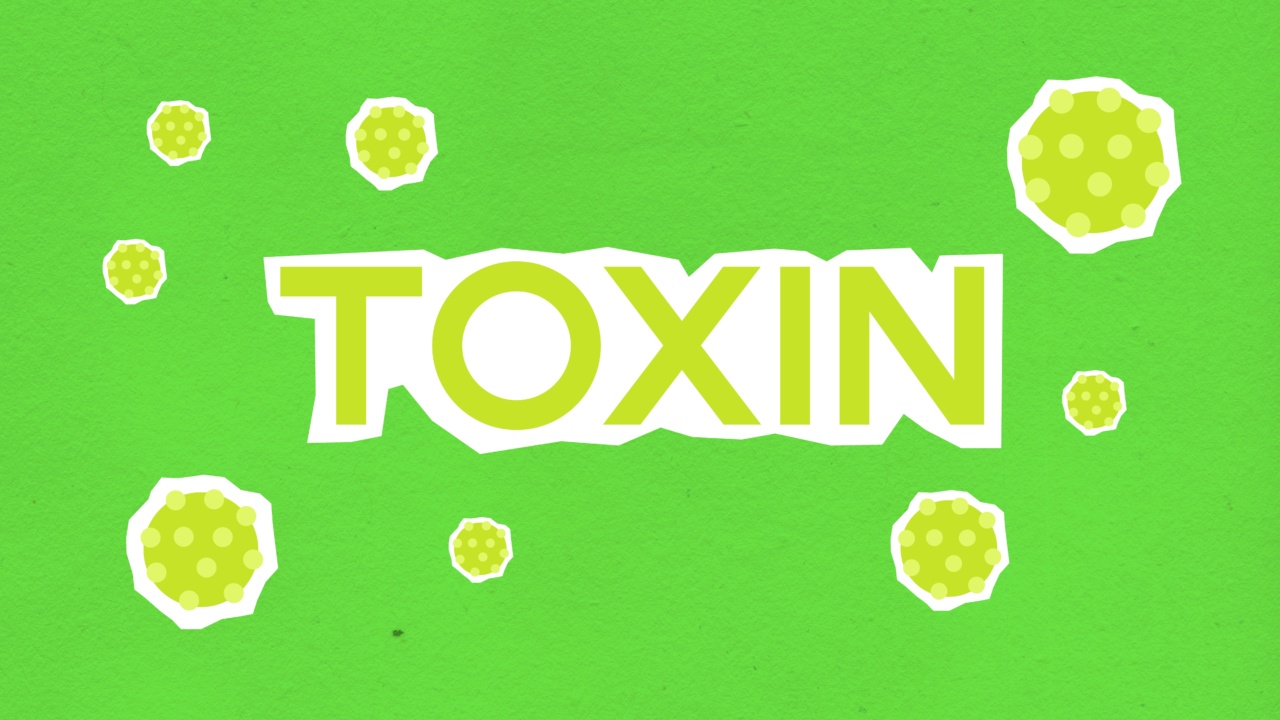The brain is one of the most important organs in your body that needs to be protected and kept healthy. However, there are many environmental factors that affect the brain’s health negatively, including chemicals.
This article will explore three dangerous chemicals that affect the brain, along with their consequences, and how to protect yourself from them.
: 1. Lead
Lead is a toxic metal that commonly found in old pipes, contaminated soil, lead-based paint, and in some imported toys and pottery. Lead exposure can significantly affect the brain and nervous system development in children, even at low levels.
The symptoms of lead poisoning can include irritability, lack of appetite, weight loss, abdominal pain, vomiting, and developmental delays. In adults, long-term lead exposure can cause memory and concentration problems, mood disorders, and nerve damage.
To protect yourself from lead, you should avoid using products that may contain lead, have your home and water tested for lead exposure, and wash hands and surfaces frequently if you work with lead.
Additionally, make sure to eat a healthy diet rich in calcium and iron, and avoid smoking, as it may increase the absorption of lead in your body.
: 2. Mercury
Mercury is a naturally occurring element that can be found in fish, dental fillings, and some thermometers.
Exposure to high levels of mercury can result in mercury poisoning, which can cause a wide range of health problems, including damage to the nervous system and brain. Symptoms of mercury poisoning can include tremors, memory problems, irritability, anxiety, and depression.
To minimize your exposure to mercury, you should avoid eating high-mercury fish, especially if you are pregnant or nursing.
Additionally, try to choose dental fillings made of a non-mercury substance, and avoid breaking thermometers or other mercury-containing items. If you are concerned about mercury exposure, you can also have your blood tested for mercury levels.
: 3. Pesticides
Pesticides are chemical substances that used to kill unwanted insects, rodents, and weeds. While some pesticides are relatively safe, others can be harmful to the brain and nervous system, especially if they are used incorrectly.
Studies have found that long-term exposure to pesticides can lead to memory and attention problems, as well as depression, anxiety, and even Parkinson’s disease.
If you are concerned about pesticides exposure, try to avoid using them in and around your home or garden. Instead, choose natural pest control methods, such as physical barriers or nontoxic sprays and baits.
Additionally, make sure to wash all fruits and vegetables thoroughly before eating them, to remove any pesticide residues. If you work with pesticides, make sure to follow all safety guidelines and wear protective equipment, such as gloves and masks.
: Conclusion
The three chemicals discussed in this article have the potential to significantly affect the brain and overall health.
However, by taking the necessary precautions and being aware of the potential sources of exposure, you can protect yourself and your family from their dangers.































